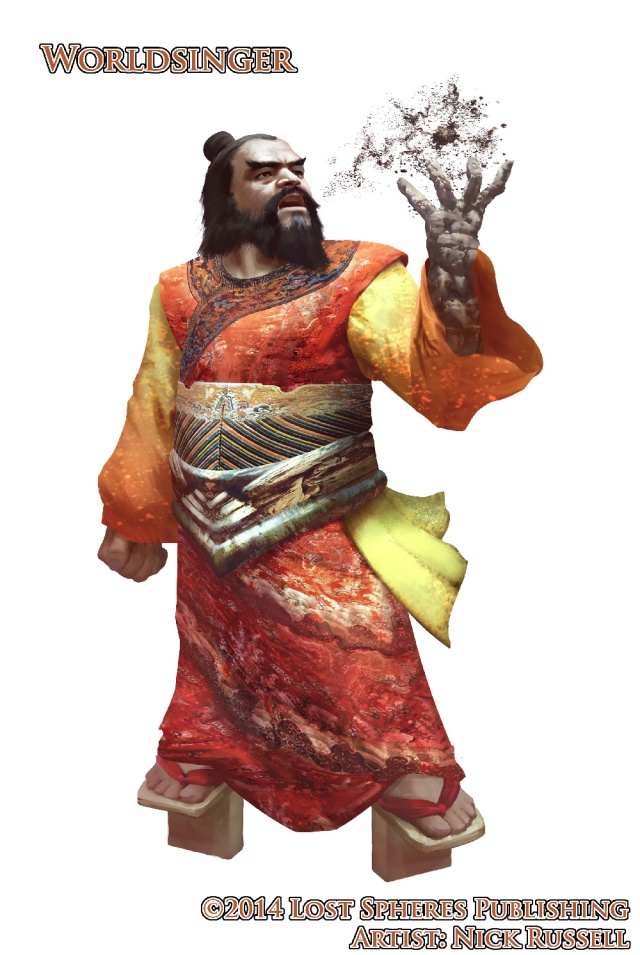A long time ago, we gamed with people who refused to move onto the new thing when the “ancestral system” moved into a new edition and we dubbed them “Geezers” for being unwilling to “move into the future with us.” What followed was a period of setting and system jumping furor that while incredible and fun in its own ways also showed us something else: The Geezers knew what they were doing.
Players of all sorts of game “get tired” of systems routinely. They want a change. They complain about “rules bloat.” They don’t like the way a system handles “thing x” or “skill y.” If they are charismatic enough they get a the group riled up and the next thing everyone is playing Bunnies and Burrows. And that is great. Change is a wonderful window into the new. But you’d be kidding yourself if you ignored that there were some advantages to staying with “Ol’ Faithful.”
Mature System Gaming
What do we mean when we say “mature system” gaming? Well this is tricky because a lot of the relative power of maturity in a system is also related to the length of your group’s exposure to it. For sake of our purposes we are going to define a mature system as something that:
- The Group is Familiar With – Somewhat relative to the complexity of the system but a safe rule of thumb is no less than a year.
- The Group Plays Regularly – A few times a month at a minimum, unless you have played for a several years.
- Has More Expansions than Core Rules – For players, a mature system now has more options outside the original rules set than in it.
Advantages in Mature Systems
When you remain in-system with an older game engine a number of positives that are easy to ignore are still worth keeping in mind:
- Know Your Enemy – If you don’t like certain rules expressions in a system, you ALREADY know it. The number of sparkling new campaigns that have shot into glorious motion only to have the gaming group explode into dissatisfaction over the way an opening session enforced the rules is staggering. True, sometimes those people were running the new game wrong, but often rules issues become glaring the second a new game is explored.
- Mapped Mechanics – If you know a system it is FAR easier to house rule something and being sure it won’t “break” the game. House rule quirks for character generation or parrying attacks have been staples at our tables on and off for years but are something best left to when you know that moving a part won’t invalidate whole mechanical structures later.
- Expanded Content – The longer the system is around the more others have enhanced its offering, directly and indirectly. Third-Party support for games (particularly those that encourage it) means broader and more comprehensive rules to tell your stories with. A longer system life also means developers who are better at using those rules. It also means players that might step out for new roles if they feel comfortable enough.
- Community – So easy to undervalue, the strength of others shared experiences is a amazing thing to have access to. A player at our table recently said, “I love that Pathfinder has forums, I can just google and find nearly the exact same question talked through no matter WHAT it is.” He proceeded to do just that, saved the GM needless arbitration time and the game went on smoothly.
- Familiarity & Nostalgia – Established systems also have established settings. This means building shared experience and verisimilitude over “generations” of new and successive campaigns. Because of the community factor sometimes this familiarity is shareable and enhance your groups broader social experiences in gaming at LGS or Conventions.
- Seeing Real Problems – Serial system jumping can allow one more thing: Dodging the truth of problems that might not be what’s on your table but maybe who is sitting at it. Problem players can hide in plain sight for years if system shift keeps giving them a scapegoat for their behaviors.
- Immersion – Perhaps the biggest and compelling argument for the mature system is immersion. The more you know a thing, the more you can ignore it when you don’t need it. Role-playing is about story and barring stripped down rules sets, the best thing for letting the game be more “role” than “roll” is when your group actually knows the rules well. The engine can fade away and people can actually focus on the story.
Maybe the “Geezers” were onto something after all.
The Pathfinder Roleplaying Game is finally in its maturity and the excitement that brings us is huge! We look forward to many years of gaming familiar and less-so worlds and saving them from the clutches of evil. If you want us to join you in injecting some new options into the system check us out at: d20pfsrd.com, drivethruRPG, paizo and RPGNow.

